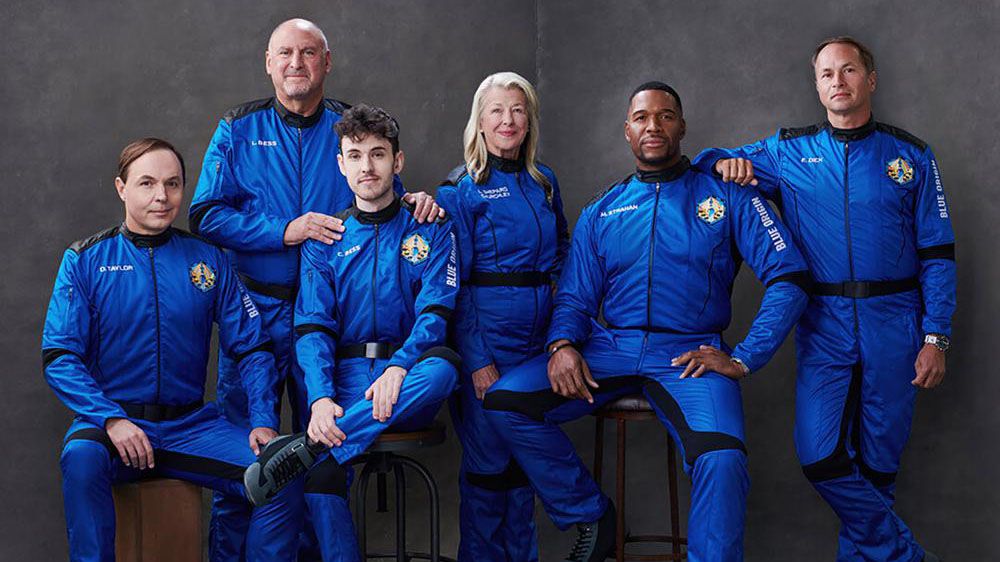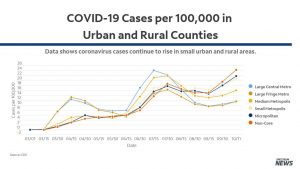COLUMBUS, Ohio — While the Ohio Supreme Court’s ruling on the fate of the legislative district maps is awaited, one of the men at the center of the case said he understands the gravity of the what justices are grappling with, seeing as he used to be one.
What You Need To Know
- The Ohio Supreme Court heard arguments on the constitutionality of legislative maps
- Ohio House Speaker Robert Cupp was a justice on the court the last time legislative maps we debated
- Cupp went from sitting on the bench to being a part of the commission that drew and passed the maps
- There is no word on when a decision will be made
The five Republicans on the Ohio Redistricting Commission adopted for four-year Ohio House and Senate maps that likely ensure the GOP’s supermajority remains in place at the Statehouse. Democrats and voting rights groups feel it is unfair because they say Republicans have not earned that level of representation–based on actual population and voting patterns.
Now the justices on the Ohio Supreme Court have to decide who they agree with. Not many on the outside looking in know more about the weight of that decision than Ohio House Speaker Robert Cupp.
“I can appreciate the complexity of it,” said Cupp, R-Lima.
That is because Cupp was a justice in 2012, the last time the court had to consider a similar question.
“Things have changed dramatically since the last one to this one,” Cupp said.
Cupp went from sitting on the bench to being a part of the commission that drew and passed the maps.
But Democrats and voting rights groups feel the same way they felt 10 years ago — that Republicans gerrymandered the maps to unfairly favor their party’s candidates.
Cupp said the justices have a lot to think about it.
“There’s always a question of burden of proof. What’s the standard by which you judge it?” said Cupp.
In 2012, Cupp and three other justices felt the state apportionment board’s maps were constitutional. It was a 4-to-3 ruling, keeping the maps in place for a decade. Cupp also feels the newly drawn legislative districts are fair and thinks the justices should side with him.
“I thought that our attorney, Phil Strach, did an outstanding job of presenting the case and elaborating on the constitutional provisions,” said Cupp.
Freda Levenson, legal director of the ACLU of Ohio, disagrees. Levenson represents the League of Women Voters of Ohio.
“The redistricting commission refused to comply and enacted the egregiously partisan plan that’s now before this court,” she told the justices Wednesday.
During the hearing, the justices asked a lot of questions and made different comments. Among them getting headlines, was what Chief Justice Maureen O’Connor said to Strach.
“Let’s say we disagree with you and this court orders the commission to start over, then what happens? You come up with a new map?” asked O’Connor.
Republicans have a 4-3 advantage on the bench but O’Connor, a Republican herself, is seen as a potential swing vote, as she dissented 10 years ago from Cupp and the majority. Cupp said he is not reading too much into her question and neither should Ohioans.
“I don’t think you have hints one way or another. Justices are obviously asking questions to understand the ramifications, to get clarification. So those questions, I don’t think really portends anything,” said Cupp.
At the same, Cupp thinks after hearing the case Wednesday, it is likely the justices already have an idea where they stand.
“They have probably taken a tentative vote already in the conference that they have after the hearing,” Cupp said. “Their opinions will be drafted that will be circulated. Some may be writing majority opinions and others are probably are going to dissent. Those could change significantly. So in that process, it’ll be very deliberative, I’m sure.”
As the fate of the state’s democracy hangs in the balance, there is no word on when a decision will be made, but Cupp said when a ruling is reached, he will go along with whatever the justices decide.
“We’ll just leave it up to the court,” said Cupp.




